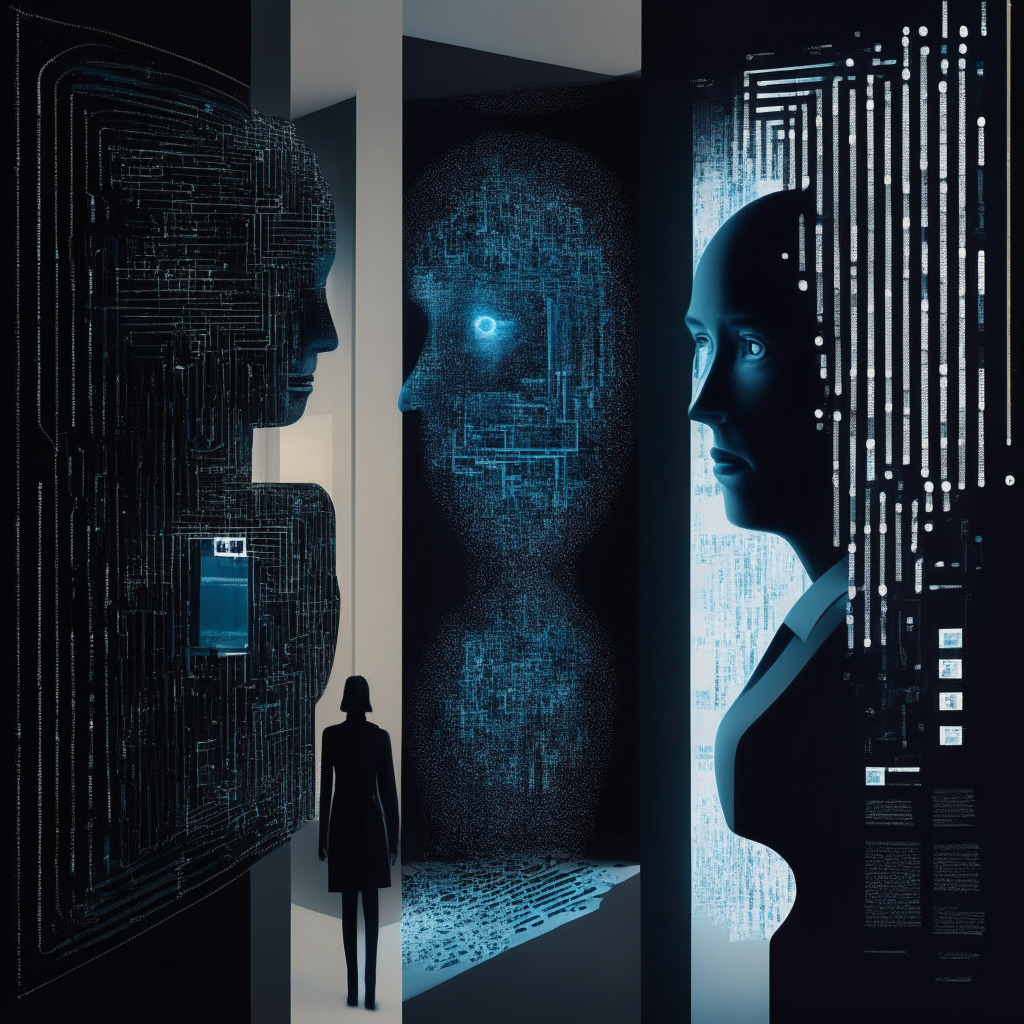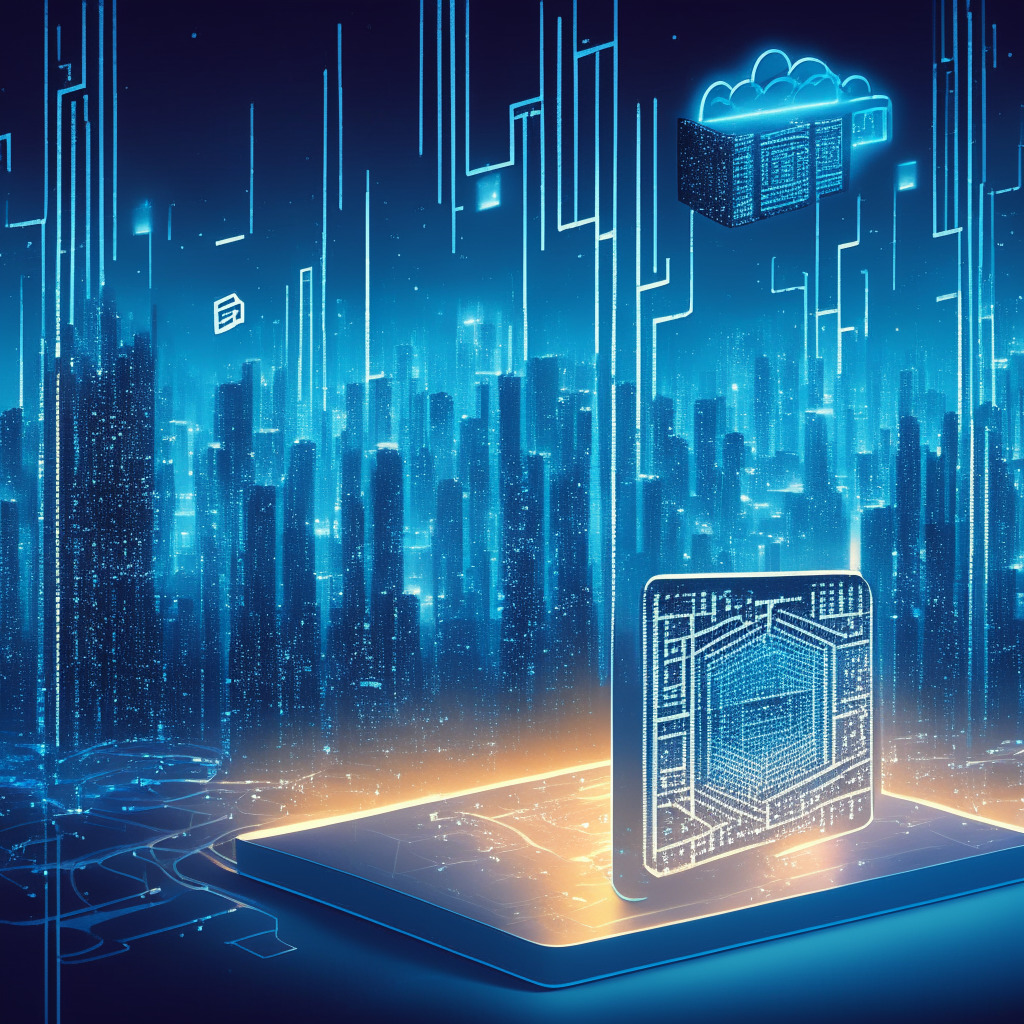In 2018, the Cambridge Analytica scandal exposed the vulnerabilities of democracy in the face of rapid technological advancements. With artificial intelligence (AI) taking center stage, there are concerns about its role in influencing elections and potentially posing a threat to democracies worldwide. The potential of AI-generated text, deep fakes, and biased AI algorithms all contribute to this concern.
Trish McCluskey, an associate professor at Deakin University, believes that AI models like OpenAI’s ChatGPT can generate content nearly indistinguishable from human-written text, resulting in disinformation campaigns or the spread of fake news online. Deep fakes, which fabricate videos of public figures, can also manipulate public opinion. While it is still possible to recognize deepfake videos, the technology is evolving quickly and will become harder to distinguish from reality.
AI entrepreneur Gary Marcu echoes McCluskey’s sentiment and points to “the threat of massive, automated, plausible misinformation overwhelming democracy” as the most significant short-term risk posed by AI. Researchers Noémi Bontridder and Yves Poullet further outline the role of AI in disinformation, highlighting the potential for AI systems to manipulate individuals and amplify the spread of misinformation.
Moreover, biased AI systems can also inadvertently influence users’ opinions. AI algorithms are only as good as the data they’re trained on, which sometimes leads to biased responses.
Despite these challenges, AI can also benefit democracy by combating disinformation. McCluskey states that AI can detect and flag disinformation, facilitate fact-checking, monitor election integrity, and educate and engage citizens in democratic processes. The key is to ensure responsible AI development and use, with appropriate regulations and safeguards in place.
The European Union’s Digital Services Act (DSA) is one example of regulation aimed at mitigating AI’s potential to produce and spread disinformation. When fully implemented, the DSA will mandate large online platforms like Facebook and Twitter to meet a list of obligations, including increased transparency requirements, to minimize disinformation and encourage responsible AI use.
However, since AI risks are a global issue, international cooperation is necessary to regulate AI and combat disinformation. Strategies like international agreements on AI ethics, data privacy standards, and joint efforts to track and combat disinformation campaigns can play a significant role in addressing these challenges.
In conclusion, while AI possesses the potential to threaten democracy and elections worldwide, it can also contribute positively to democratic processes by combating disinformation. A multifaceted approach involving government regulation, tech company self-regulation, international cooperation, public education, media literacy, and ongoing research is necessary to mitigate the risks associated with AI.
Source: Cointelegraph




